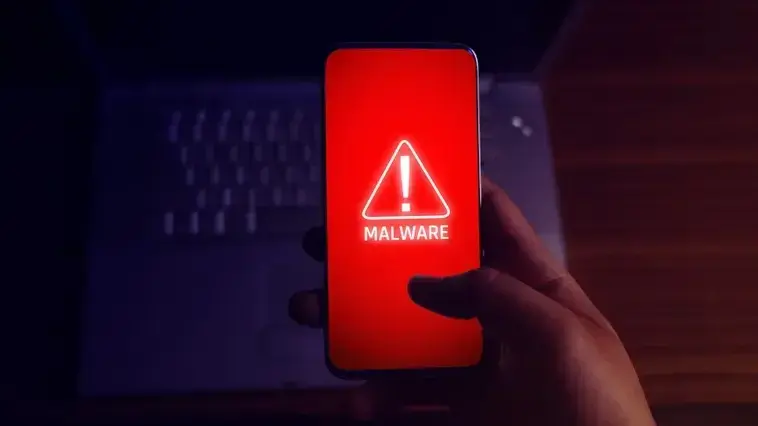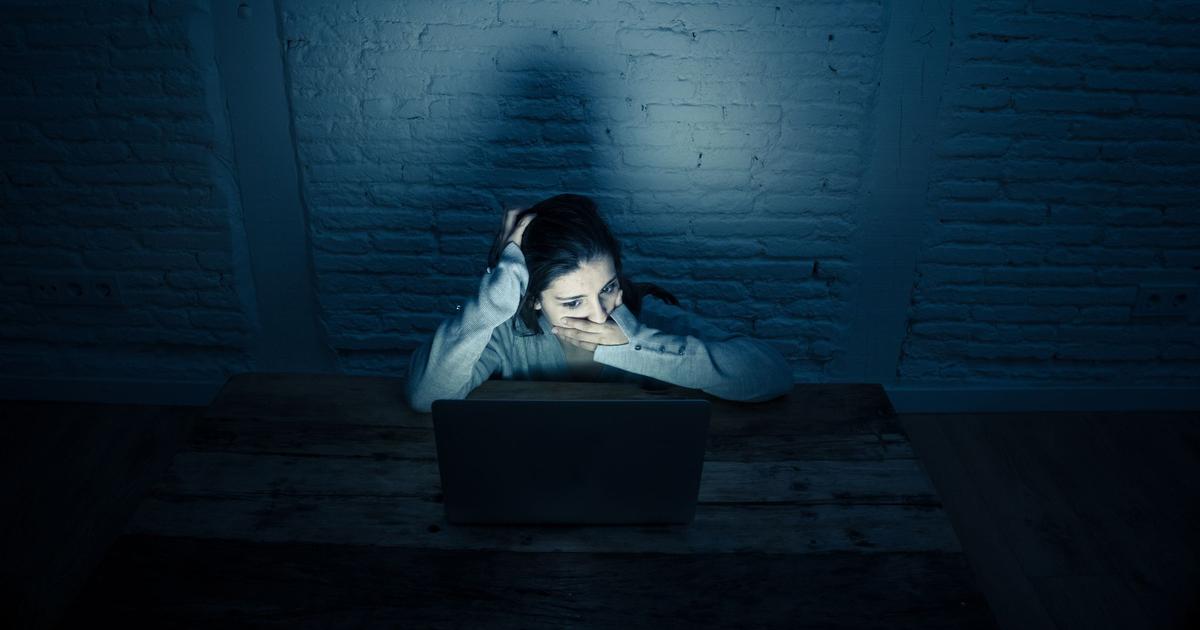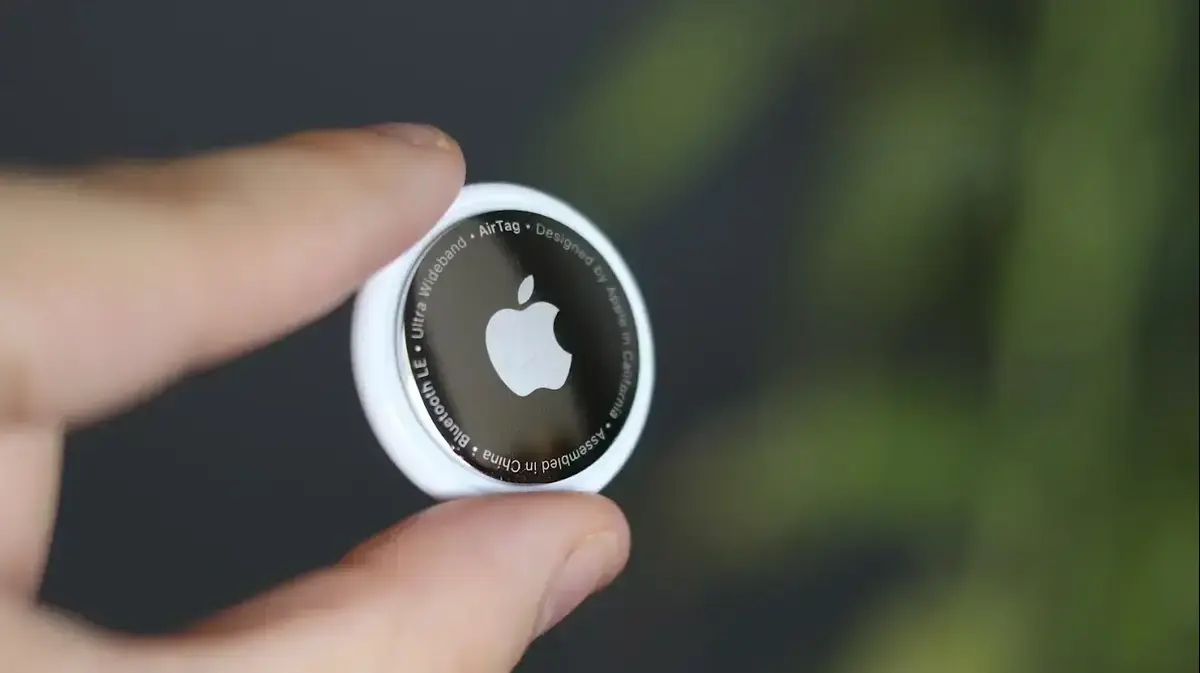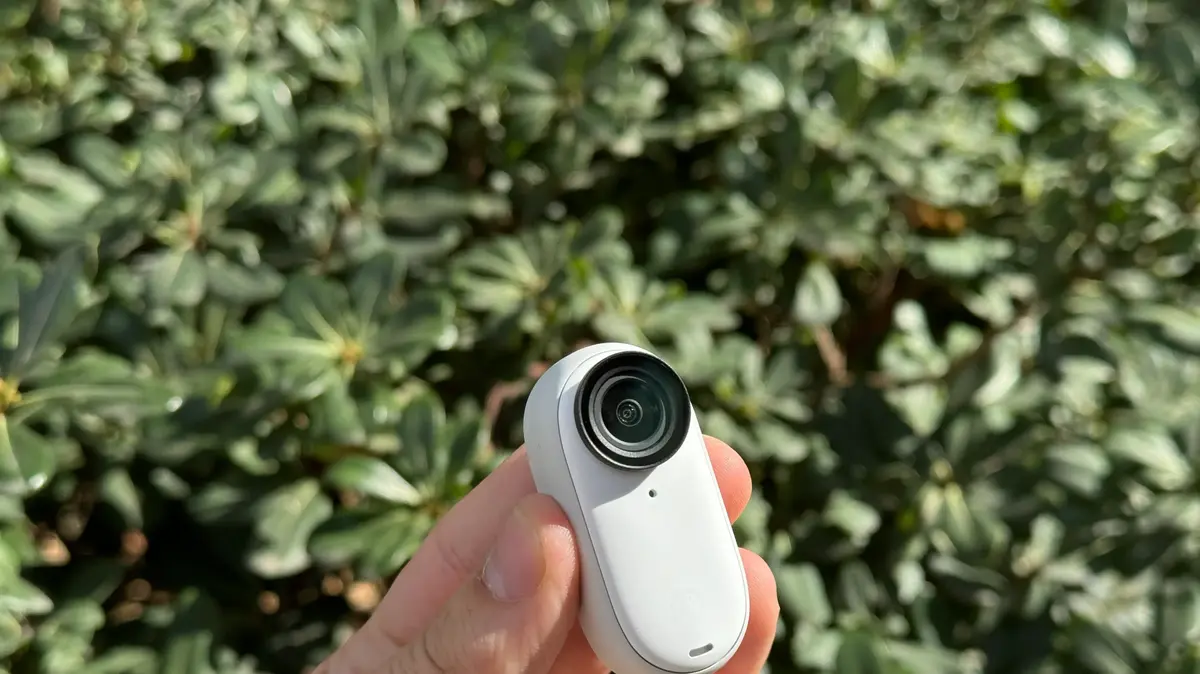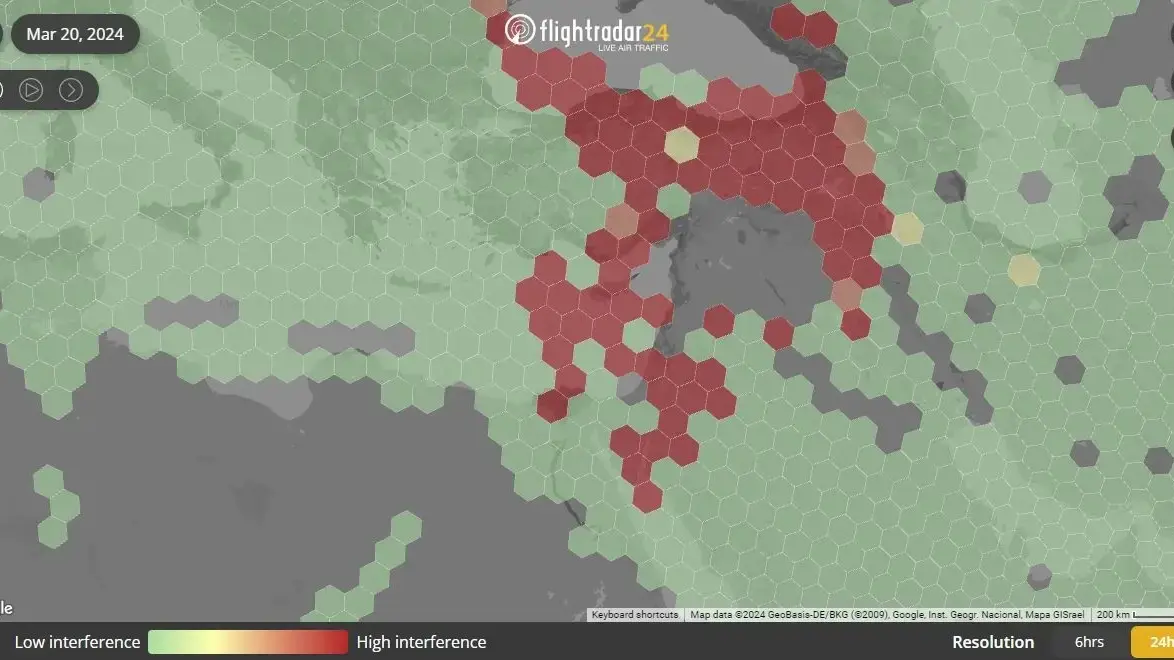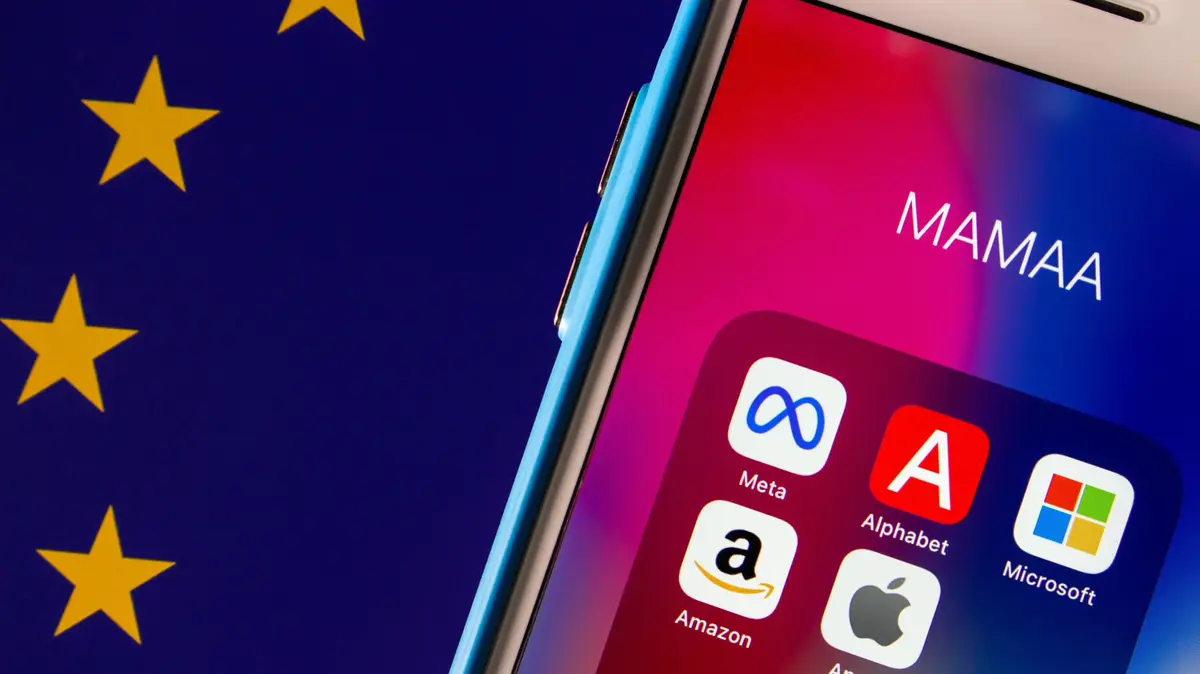NSO Spyware: The Signs You Are Tracking - And The Solutions
Spyware, like "Pegasus", can sneak into your device quite easily, and know very well how to hide themselves.
Think your phone has been damaged by damage?
These are the signs that will help you know, and that's what you need to do right now
Yinon Ben Shoshan
08/02/2022
Tuesday, 08 February 2022, 12:30 Updated: 12:34
Share on Facebook
Share on WhatsApp
Share on Twitter
Share on Email
Share on general
Comments
Comments
State Cyber Unit Status Room (Photo: Police Spokesman Division, Police Spokeswoman)
The police's wiretapping investigation with the help of NSO's Pegasus surveillance software revealed the extent of the widespread use of the software against senior officials in the public and private sectors, and especially the alleged abuse of the Israeli offensive cyber company.
Are you afraid of your privacy?
This way you will know if you are under surveillance - and take care of yourself.
More on Walla!
Someone has discovered the secret: how do you look perfect without leaving home?
In collaboration with Fortuna
Before that, let's learn how Pegasus works
The spyware actually does something that if an unauthorized person did it - it would be a criminal act and a violation of the law.
It is what is known as "offensive cyber" software - does not perform defensive actions but offensive ones, designed to compromise existing defenses of devices and operating systems.
Pegasus exploits a number of vulnerabilities, vulnerabilities in the software - but mostly so-called "zero-day vulnerabilities", zero-vulnerabilities got this name because they are vulnerabilities in software and operating systems that have not yet been discovered at all (hence the name "zero-day"), and probably not addressed or closed By the companies that manufacture the equipment or the operating system, such as Google's Android - which will usually take time to be discovered and handled.
Developer of the software: The Israeli company NSO (Photo: Reuters)
How do you know if your phone has been hacked?
One of the common tactics for hacking a victim's device is phishing messages and malicious spam that contain malicious links or attachments.
If the victim clicks on the attachment or link (which leads to the download of damage to the device), this damage allows hackers to commit their evil acts.
"The most common signs of a hacked device are a faster-than-normal battery drain, sudden increases in Internet usage unrelated to changing browsing habits, turning GPS and Internet options on and off independently, randomly displayed advertisements, or unfamiliar apps installed without your permission." Indicates ESET damage researcher Lucas Stepenko.
Want to get technology updates before everyone else?
Join Instagram
Among the signs: faster than normal battery discharge (Photo: ShutterStock)
Another sign that indicates a possible hack into a device is an abnormal change in the behavior of apps that worked normally before, such as running or closing the app, crashing it, or making unexpected errors.
However, Stepenko says, these effects do not only affect apps, and you may see that both the device itself and its operating system start to behave strangely.
If you or one of your contacts are receiving strange calls or messages, or your call and message history includes records you do not know, this is another possible sign of the presence of a malware trying to make calls or send messages to international premium numbers.
And let's not forget one of the most obvious signs: If your Android phone is damaged by ransom, you'll just be locked out of your phone.
Update your device and do not download files from an unknown source
Tom Malka, a cyber-threat intelligence researcher, says in a conversation with Walla!
Technology that "in order to stay as safe as possible, I would first of all recommend continuing to update the smartphone frequently, these updates contain among other things security updates that close security vulnerabilities that are revealed."
Did you receive a suspicious message with a malicious link to download an app?
Do not rush to click
.
"Remember that free shipping is often expensive and if the temptation calls for you to download apps outside the app store, you will know that exposure to risk increases," Malka adds.
"It is important to be careful not to fall into the trap of click bait, for fear of spyware in particular, damage in general and of course a waste of time."
"Most exploitation will be through vulnerabilities in existing applications that are widely or default-installed on devices (for example in iMessage in the case of NSO). Therefore, the importance of updates is unprecedented, and it will make it difficult to perform malicious operations on devices versus outdated devices."
Do not give up and update the operating system version frequently (Photo: Walla! Technology, Yinon Ben-Shoshan)
Force restart daily
A study by Amnesty and Citizen Love shows that Pegasus and similar software rely on Day 0 weaknesses and do not need to click on a message or link but have no resistance to boot the device - forced shutdown of the device by pressing the power / volume button and volume at the same time.
Frequent booting helps "clean" the device of malware.
If, for example, the device is initialized daily, the attackers are forced to infect the device once more with the software and thus also increases the likelihood that it will eventually be identified by the security solutions built into the device.
Use a VPN
This is an action that makes it difficult for attackers to segment users based on their internet traffic
.
"It's important to remember that in 2022, our privacy issue is in doubt. We do a Google search, open profiles on dating sites, update on social media, and so on.
Once again, remember that everything that goes online stays online, "says Mae Brooks-Kempler, cyber expert and founder of the Safe Online community on Facebook.
" To protect our privacy and anonymity in the current reality, it is important to enable privacy settings on networks, delete cookies, use anonymous browsers , And in some cases also in a VPN.
And the most important thing - to think before sharing, "adds Brooks-Kempler. However, paid services should be preferred - rather than a free VPN.
Using a VPN - an operation that makes it difficult to segment users based on their Internet traffic (Photo: GettyImages)
My phone was hacked - how can I fix it?
Once you have discovered that the phone is contagious, you should not throw it in the trash - it is better to identify the culprit and get rid of it.
For example, in the case of unwanted and annoying pop-up advertisements, you can identify which app is responsible for them by opening the "Recently opened apps" menu and long-clicking on the app icon.
According to the information security company ESET, while version 9 of Android and the versions before it allowed malicious apps to hide their icon, this option was blocked starting with version 10 of the operating system.
This vulnerability has previously allowed hackers to impersonate other apps or try to hide themselves by using a transparent icon and a blank name.
"If you have used an iOS-based device so far - switch to an Android-based device - and vice versa. This may confuse the attackers and delay the continued attack for a while," say the cyber company Kaspersky.
The company also recommends obtaining a secondary device in favor of secure communication: for example, a device that runs on the GrapheneOS operating system - an Android system based on a ruggedized security system.
technology
news
Tags
NSO
Tracking
privacy

